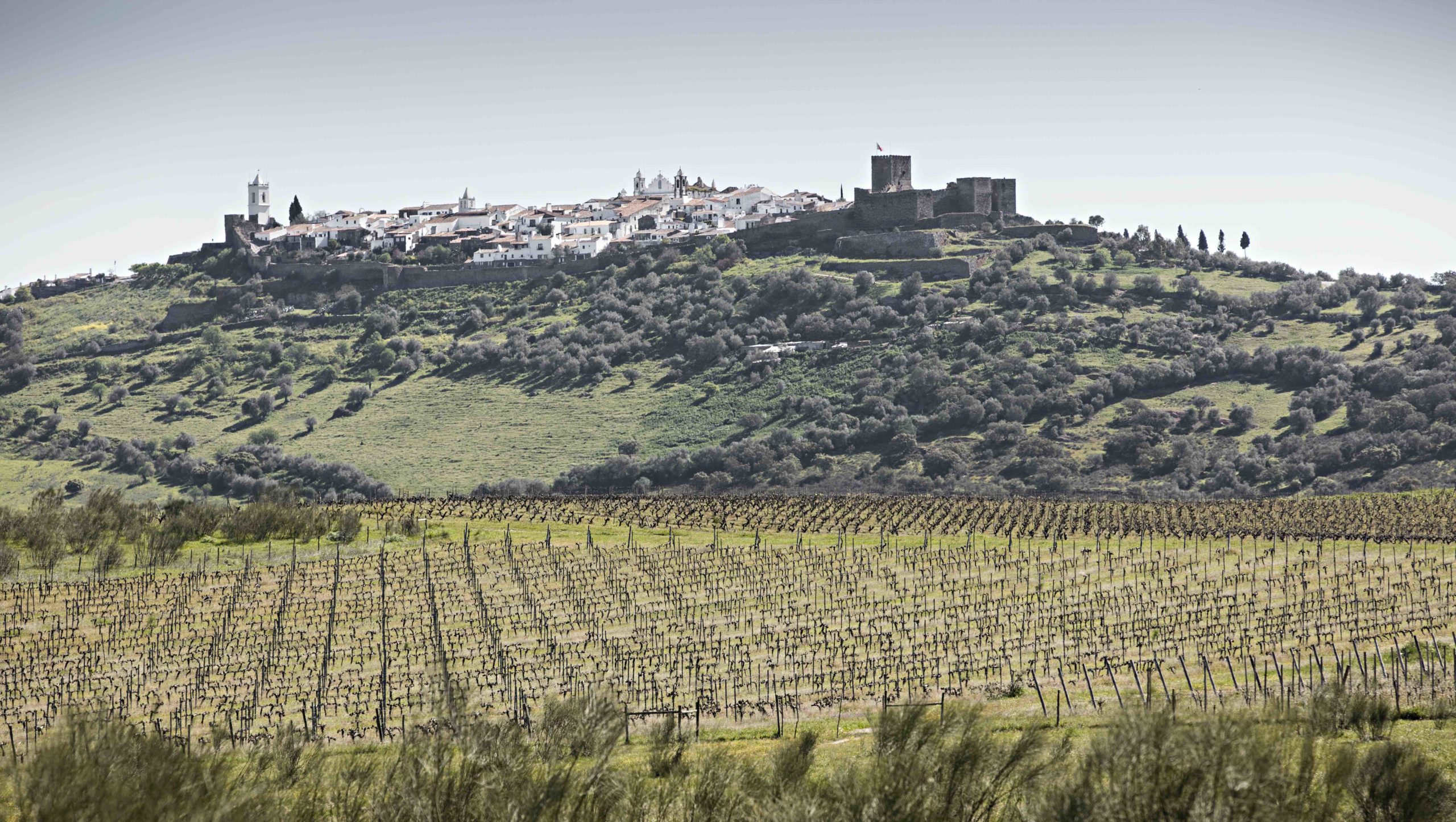
Travel /
There’s no denying that this year has forced us all to slow down in one way or another, retreating inwards, shrinking our footprints and living more localised lives. 2020 has also seen travel and tourism come to a near-standstill.
Many of us are keen to quash our impact on overtourism by searching for lesser-known, off the beaten track destinations. Upskilling holidays where visitors learn or hone a craft, retreats with a focus on health and wellness, and immersive cultural experiences are becoming increasingly popular and mainstream. There’s a hunger for unique and meaningful experiences over super-luxe resort holidays and this is only set to grow as travellers take a more environmentally and socially conscious approach. One tourism sector which is seeing increased interest is agritourism.
Blending nature, tradition, culture and lifestyle, the concept of agritourism is nothing new; in short, it’s the integration of both tourism and agriculture. People visit rural environments where the working land such as vineyards or ranches have become travel destinations in their own right, offering both accommodation and leisure activities. In comparison to mass tourism, it’s a great alternative for those who yearn for a little respite from their urban existences.
Agritourism is a meaningful and effective way for the hospitality industry to educate and entertain tourists while supporting a wholesome, thriving economy. For visitors, it’s a unique, experiential learning opportunity to understand agriculture. For farmers, it’s a way to supplement income during off-seasons, gain recognition for their agricultural produce and protect their land’s natural resources and amenities. For smaller rural communities, it improves the incomes for those who would otherwise rely solely on subsistence farming. In terms of wider economic development, bringing tourists into the destination who may then shop, eat and socialise locally is also a huge benefit.
Many travel operators collaborate with small communities to curate unique offerings, while even the larger hoteliers are also introducing agricultural experiences within a luxury setting, through chef’s table-style cooking classes and tours of the grounds where their produce is grown. It’s an opportunity to explore local gastronomy and learn about the ecology and customs pertaining to a destination, all while connecting with the food we eat.
São Lourenço do Barrocal – Portugal

Agritourism offerings vary across the world. In Portugal, São Lourenço do Barrocal is a farmstead, hotel, winery and spa which produces its own olive oil and wine. Owner José Antonio Uva has opened up his 15 hectares of vineyards and vast organic garden which provides almost all of the fruit, vegetables and herbs for the kitchens. Guests can delve into agricultural activities, from olive and grape picking harvest to foraging and cooking classes where they’ll learn to create traditional Portuguese dishes.
“It’s always been so important to us that Barrocal not only acts as a hospitality project but a preservation initiative, celebrating local culture, fostering a true sense of community and preserving as much as we could the estate’s original 19th century principles of self-sufficiency” says José. The region is easily accessible from Lisbon, yet relatively undiscovered. José sees São Lourenço do Barrocal’s offering as a way for visitors to “foster a deep and meaningful connection with the land and its people” while valuing the region and preserving its heritage. “This is really the only way to truly get under the skin of the Alentejo and understand what makes the region so special.”